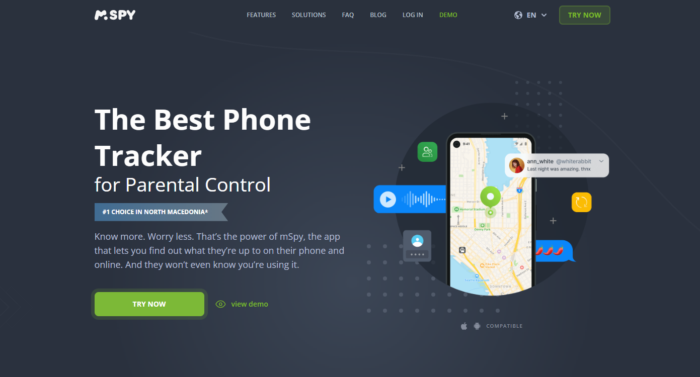The school's strict device policy prohibits the use of smartwatch apps.
The headteacher believes that mobile phones are now being used as a tool for bullying and unkind behavior.

It has become a growing concern that young people are spending too much time on their digital devices, leading to potential negative consequences such as cyber-bullying. In response to this issue, one school has implemented a strict policy on digital device usage, even banning apps on smartwatches during class time.
Priory School, located on the Isle of Wight, has had this policy in place since 2009. Students are required to hand over their mobile phones at the start of the day and can only retrieve them once classes have ended. The purpose of this policy is to minimize distractions and protect students from unkindness and bullying.
Principal David EJJ Lloyd explained that this policy has resulted in significant improvements in both student and staff behavior, not just during class time but also outside of school hours. This strict stance on device usage is in line with the government's recent crackdown on mobile phones in schools, aiming to reduce disruptions and improve behavior. Reasons cited for this ban include unnecessary distractions, cyber-bullying, and peer pressure to own expensive devices.
Mr. Lloyd further explained the rationale behind the ban, stating that mobile phones and social media have become mediums for unkindness and bullying. He also expressed concern about the pressure on students to have the latest and most expensive devices, which can lead to aggression and theft. While students are allowed to have their phones with them, usage is strictly prohibited, and any violation results in confiscation and a parent needing to retrieve the device.
This policy extends to all portable gadgets that allow external communication, including smartwatches. Despite being a smaller independent school with only 180 students, Priory faces similar generational challenges as other schools across the country. Mr. Lloyd noted that mobile phones have been handed in upon arrival since 2009, but not banned entirely as some students use public transport to and from school. He also commented on the need for schools and families to keep up with technology, which includes addressing the use of smartwatches.
The effects of this policy have been significant, with students and staff becoming more aware of their surroundings and engaging in better communication and interpersonal skills. Improved spelling, punctuation, and grammar have also been noted. The government has also backed headteachers in banning smartphone use during school hours, reflecting Priory's ethos. This move is supported by a national survey that showed 50% of parents were concerned about the amount of time their secondary school children spent on electronic devices.
During a "safer internet" seminar for parents, hosted by Priory, it was revealed that groomers use age and voice filters to deceive children into thinking they are talking to someone their own age. Mr. Lloyd reiterated that the school's policies aim to provide a safe and nurturing environment for students to socialize, learn, and prepare for the adult world. He also expressed concern that mobile phones can hinder the development of both soft and hard skills and steal away precious time from their youth and school days.
In a similar vein, a headteacher in London recently announced plans to extend the school day from 7am to 7pm to reduce students' screen time. Andrew O'Neill of All Saints Catholic College in Notting Hill believes students should be engaged in extracurricular activities such as dodgeball, basketball, art, drama, and cookery, rather than being at home on their phones.
Mr. O'Neill has seen "some of the most shocking things" on student's devices, leading him to believe that smartphones are creating an apathetic and anxious generation with impaired social skills. The government's education secretary, Gillian Keegan, supports schools taking action to improve behavior and reduce distractions in the classroom. She believes that schools should be a space for learning and that mobile phones are an unwanted distraction at the very least.
This stricter stance on mobile phone usage in schools is gaining traction, with the possibility of it being banned in all schools across England. While students may not like these restrictions, the ultimate goal is to provide a healthy and productive learning environment for them.










